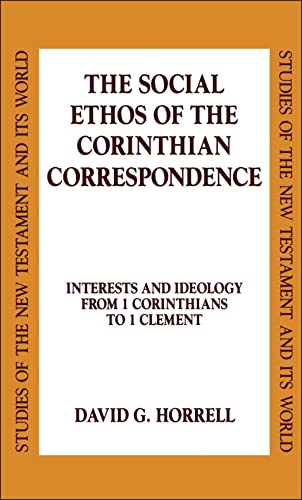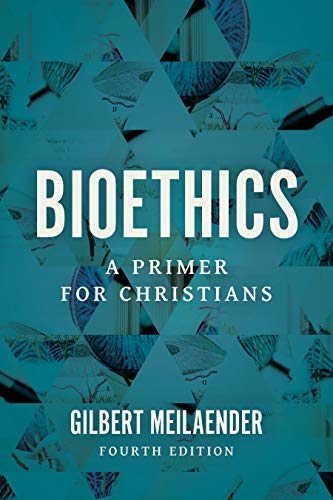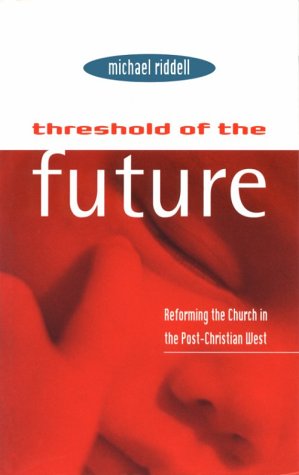The Book of Ezekiel Chapters 1–24, New International Commentary on the Old Testament
Written by Daniel I Block Reviewed By Leslie C. AllenThe book of Ezekiel needs all the commentaries it can get, both because in its magnitude and detail it is a difficult book to understand and because it rewards the investment of keen study. So it is good to get the first of two fat volumes from the word processor of Daniel Block, the product of thirteen years of research, we are told. There are insightful academic resources around, which have been profitably used. The footnotes reveal how diligently Block has used his large bibliography. He is well known for earlier work on ancient Near Eastern theology, which has stood him in good stead for appreciating an exilic book so open to its Babylonian environment.
In the Introduction he has a good section on the theology of Ezekiel, which clearly means for him something of abiding significance. I liked his scheme (a sketch) of the four pillars of theological orthodoxy Ezekiel had to oppose and redefine, Yahweh’s covenant with David, residence in Jerusalem, ownership of the land, and covenant with Israel. There are some wise words on the use of Ezekiel’s restoration oracles for the future of Israel and the church (pp. 56–57). This theological interest emerges clearly in the commentary. At the end of each exegetical passage there is a section on ‘theological implications’, which leads into generalizations that bridge book and reader.
In many respects the volume is a model, especially in its scrupulous attention to detail. It appears in a series which largely represents a more conservative perspective and self-consciously opposes itself to ‘critical scholarship’. This commentary out-Greenbergs Greenberg in a holistic approach to the text. Book and prophetic author are identified, except for an editorial contribution in 1:2–3, and there is a flat reading of each passage in terms of its present temporal context. Block broaches, rightly in my view, the possible role of Ezekiel as editor in the case of the nicely named ‘promissory notes’ or ‘foreshadowing’ passages like 11:17–21 (pp. 24–25), but in his commentary he claims that they are pre-586 oracles (‘post-586’ on p. 343 is clearly a slip for pre-586) rather than, say, post-586 oracles deliberately inserted into an edition of older messages meant for his later exilic audience. The introductory section on text (pp. 41–42) reveals that the commentary is based on the Hebrew text, though occasionally the LXX is preferred, e.g. in 8:2, while a conjectural emendation is adopted in 3:12. Despite a host of textual notes relating to the LXX, the nettle of a strikingly deviant text is not really grasped, and the argument of preference for a harder reading is often used unfairly in my view. This is a fashionable position to take, but for that reason is to be viewed with caution. The quest for the earliest possible text is an evangelical necessity. Nevertheless, this commentary has its own strengths in abundance and offers the reader not only a review of different positions but generally a balanced presentation of exegetical worth.
Leslie C. Allen
Fuller Theological Seminary,
Pasadena, California







